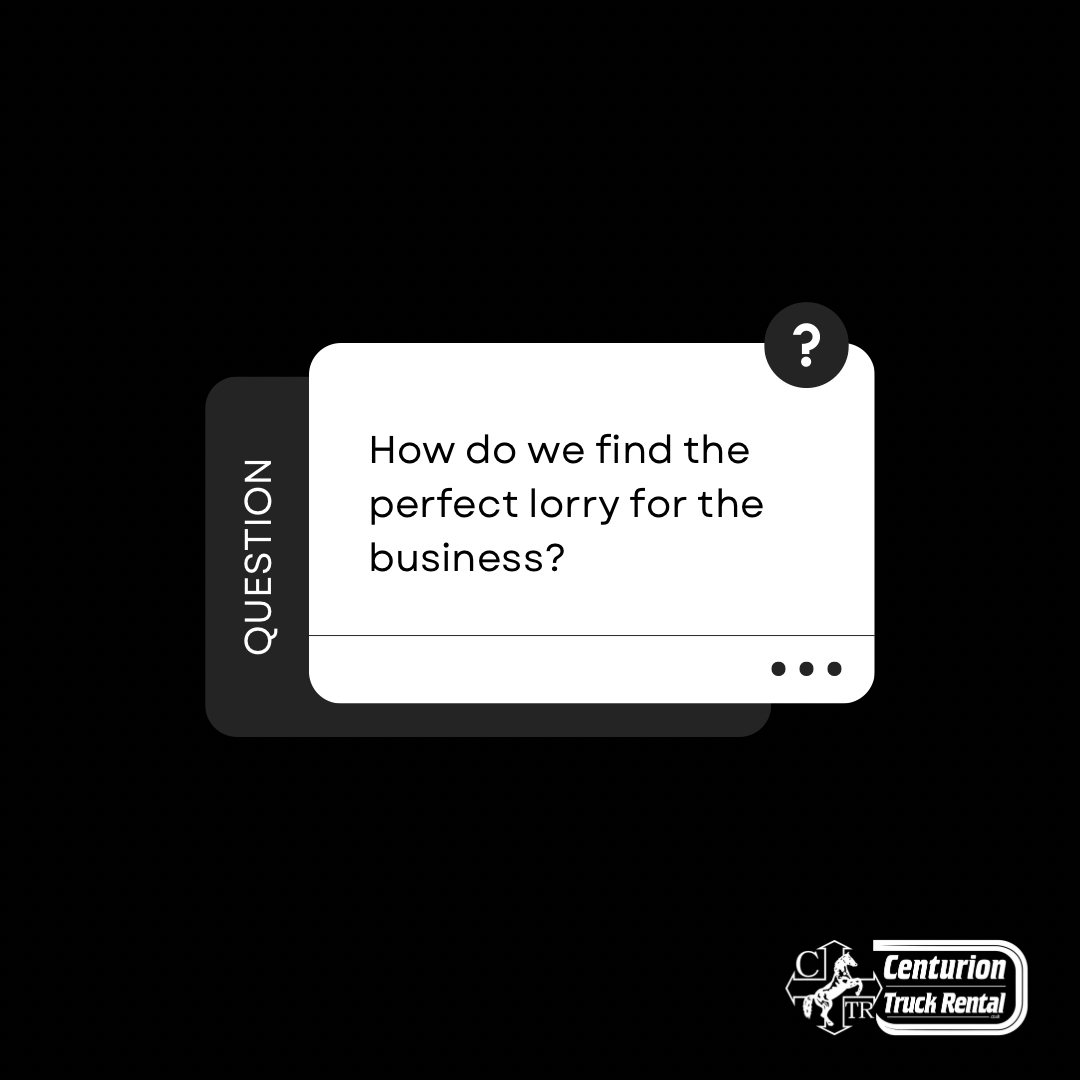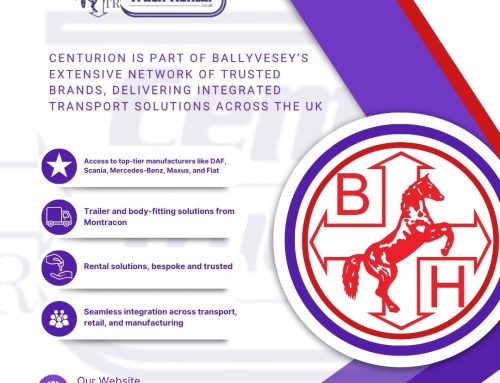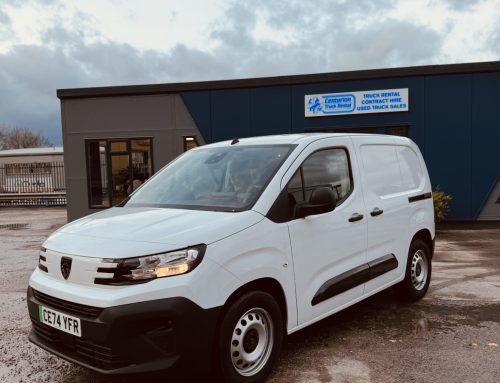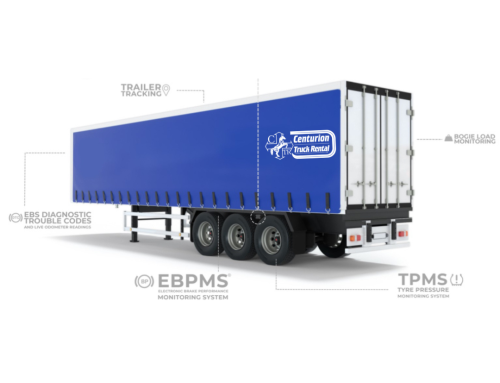When it comes to choosing the right vehicle for your business, the decision is often paramount. Whether you’re starting a new venture or expanding your existing fleet, selecting the ideal lorry for your business needs requires careful consideration and planning.
Purpose:
The first step in choosing the right lorry is defining its purpose. Consider the type of goods you’ll be transporting and the distance they’ll need to travel. Investing in a heavy-duty truck for short distances may not be cost-effective, while long-distance deliveries require durable vehicles designed for endurance.
If your business deals with perishable goods, such as food or pharmaceuticals, refrigerated vehicles are a necessity to maintain freshness. Similarly, companies transporting liquids, whether it’s milk or hazardous materials, require tanker trucks equipped to handle the task safely and efficiently.
Budget:
Your budget plays a significant role in determining the type of lorry you can afford. Consider not only the initial purchase cost but also ongoing expenses such as fuel, maintenance, and depreciation. Opting for a vehicle that retains its value over time can help mitigate financial losses in the long run. Alternatively consider discussing contract hire or short-term rental options with us. We incur the initial big costs and support you in the maintenance and running of your vehicles.
Size:
Choosing the right size lorry is crucial for maximising efficiency and productivity. Assess your cargo volume, weight capacity, and height restrictions to determine the ideal vehicle size for your business. Larger vehicles offer better crash protection and can enhance employee safety, but may require additional maneuvering space.
Fuel Efficiency and Environmental Impact:
Fuel efficiency is a key consideration for any business vehicle. Opting for fuel-efficient lorries not only saves money on fuel costs but also reduces emissions, benefiting both the environment and your bottom line. Additionally, consider the impact of your vehicle choice on local air quality regulations and compliance deadlines, as government initiatives may impose restrictions on certain vehicle types.
Operational Efficiency:
Efficient fleet management is essential for optimising operational efficiency. Regular benchmarking, diligent monitoring of projects, and proactive vehicle maintenance can significantly improve service delivery, reduce expenses, and minimise environmental impact. External factors such as climate change obligations further emphasise the importance of strategic planning and proactive decision-making in fleet management.
Choosing the right lorry for your business requires careful consideration of its purpose, budget, size, fuel efficiency, and operational efficiency. By evaluating these factors and conducting thorough research, you can make an informed decision that aligns with your business needs and goals. So, take your time, assess your options, and make the best choice for your business’s success.





